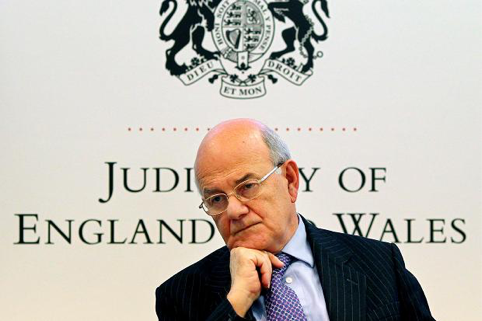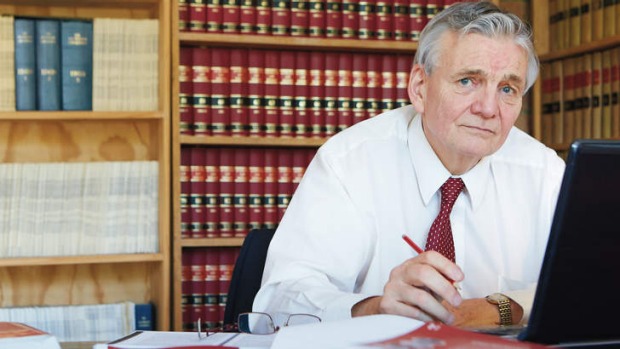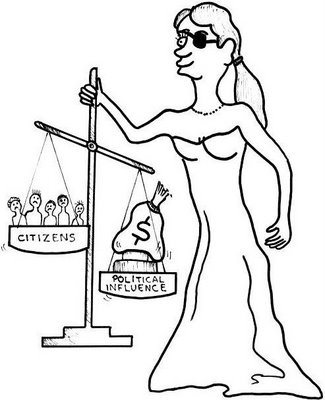Ultimately his work appears (to my mind at least) to have made the justice system more just, more robust and enhanced its ability to investigate and address its own failings. He has been involved in widely publicised cases such as those of Henry Keogh (South Australia) and Sue Neill-Fraser (Tasmania), which you can easily research using your favourite search engine. October 2nd marked International Wrongful Conviction Day. There are a few reasons which have sparked my interest in Dr Moles and his work. Firstly, as a highly regarded practitioner and educator he has demonstrated a commitment to the values espoused by the legal profession. Justice is not a concept to which he pays lip service; his pursuit of justice has probably cost him reputation and potential employment or income. For interest sake a QC may earn up to $8,000 for your day in court should you ask her to represent you.
Secondly, many of us can give examples where Lustitia appears to have put on an extra thick blindfold and dropped the scales she carries, only to pick up a manual on the politics of personal advancement or how to win elections. I recall conversations I once had with a person who worked in SA’s correctional services system with many notorious convicted criminals and who through their own relational experiences was able to turn names and headlines into flesh and bone. I am also reminded of how perversely our media, and by association we as consumers, engage with narrow and sensational presentations and sound-bites of matters in our courts. How for weeks we can be consumed with debating the ‘facts’ or otherwise of a person charged with a heinous crime, or a person, who upon admission of their own guilt faces execution in a neighbouring country. Less often are we challenged to speak out about injustice where our own judicial system has failed, or those who have administered the system have acted unconscionably. Maybe if we were vigilant monitoring our own legal system closely we might discover that our default view that our system is ‘fair’ is not supported by facts and reality. Maybe that challenges us as consumers of Lustitia’s portrayal in the media that we might be bystanders to, or facilitators of, injustice ourselves.
A final thought to share with you. Sir William Blackstone (1722-1780) had his treatise Commentaries on the Laws of England published in 1765. This work has significantly shaped the legal system of England (and courts worldwide founded on similar principles). One of his significant legacies which is integrated into the rules, customs and practices of our judicial system is known as Blackstone’s Ratio, that is the idea that it is better that ten guilty persons escape than that one innocent suffer. Unfortunately in modern "sound-bite" Australia I cannot imagine a politician or journalist advocating this significant principle if votes or advertising revenue were at risk.
John Adams (Jr.) 1735 - 1826
0 Comments
|
AuthorGeoff has been working in the non-profit sector for twenty years. He maintains a particular interest in organisational culture and values. Archives
February 2018
Categories |




 RSS Feed
RSS Feed
